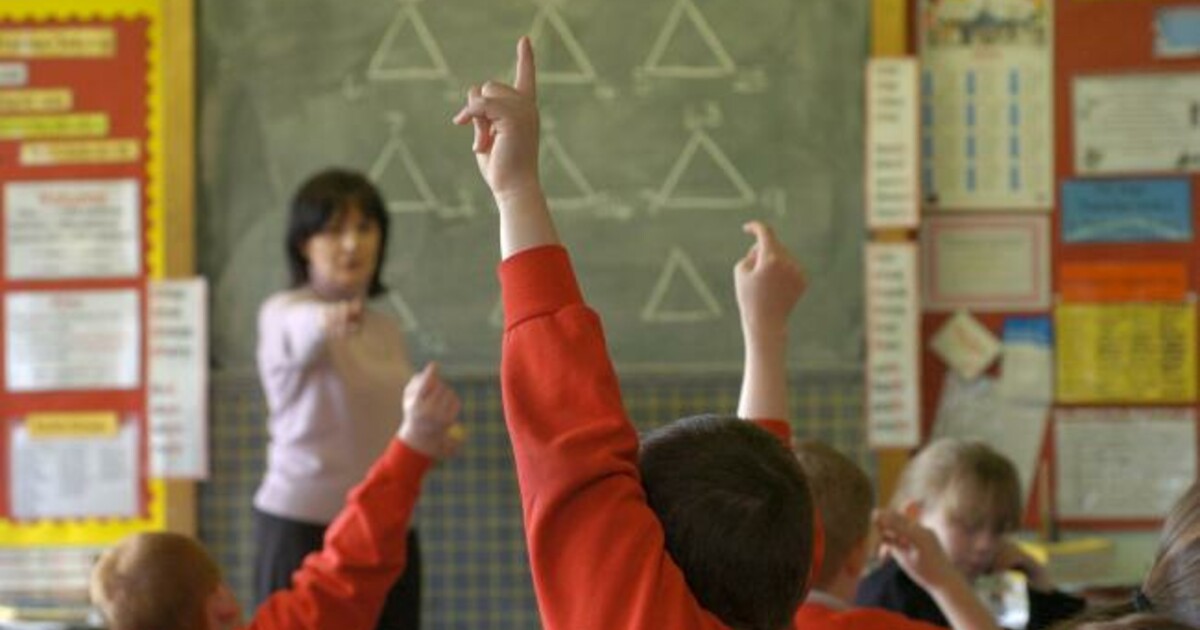Scrap counter-productive standardised testing to ease teacher workload

The Scottish Government must scrap counter-productive standardised tests in schools to ease the crushing workload of teachers and reduce the pressure to ‘write off’ some pupils, says Scottish Greens education spokesperson Ross Greer MSP.
The comments come as Mr Greer published research conducted on his behalf by the University of Stirling, based on focus group research with teachers and school leaders.
The paper, Measurement and Accountability in Scottish Education, shows that the burden of regular tests, bureaucracy and data collection is reducing the time that teachers can spend on teaching.
The controversial tests, starting in Primary 1 and taken by children as young as four, were repeatedly criticised by teachers, who felt that they created “unnecessary work”, added very little and were irrelevant to their teaching, creating “perverse incentives” which led to limited resources being directed away from pupils who found school most difficult.
Teachers participating in the research described a system where many pupils are at risk of being written off because of pressure to focus on those at the amber rather than red level of a traffic-light scoring system and whose improvement would do the most to improve the school and council’s performance data.
Mr Greer said: “Increasing overall teacher numbers is essential, but there are many no-cost steps we could take right now to ease the crushing workload of the teachers currently in our classrooms.
“The work I’ve commissioned and presented to the Scottish Government lays out a range of options for immediate action, some of which would even save money. These proposals were all put forward by teachers currently working in Scotland’s classrooms and I hope the Scottish Government will act swiftly on their advice, having now had some months to consider it.
“Abolishing the SNSA standardised tests alone would save £5-6 million per year. They are a clear example of how every level of government has added unnecessarily to teacher workload.
“The SNP introduced these unhelpful tests for children as young as four, but local councils and school management have all since tacked on their own layers of bureaucracy and reporting requirements. Reversing that administrative overload is one of the simplest actions the Scottish Government could take to ease the pressure on teachers. It would also demonstrate their commitment to wider efforts to get workload back under control.
“When the Scottish Greens entered government, we secured an agreement with SNP colleagues to increase the budget to recruit teachers and other school staff by £145 million. This money was provided to councils, yet teacher numbers were actually lower a year later, revealing an obvious tension between holding the Scottish Government accountable for education and having schools run by local councils.
“Solving that tension will take time and frankly it will take money which currently does not exist. These workload reforms, on the other hand, can and should be delivered now.”
Research from the EIS teachers union shows that teachers across Scotland are currently working an average of 11 hours beyond the 35-hour working week stipulated in the 2001 Teachers’ Agreement.